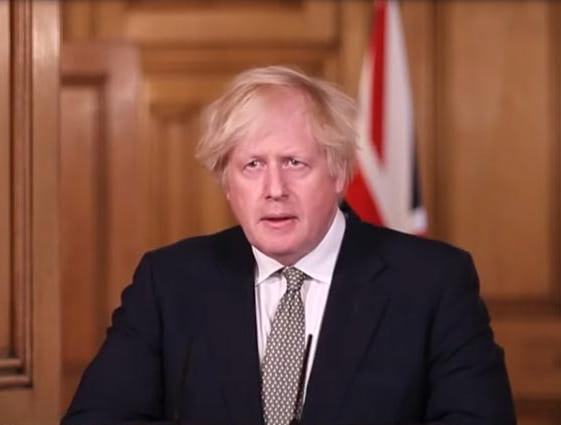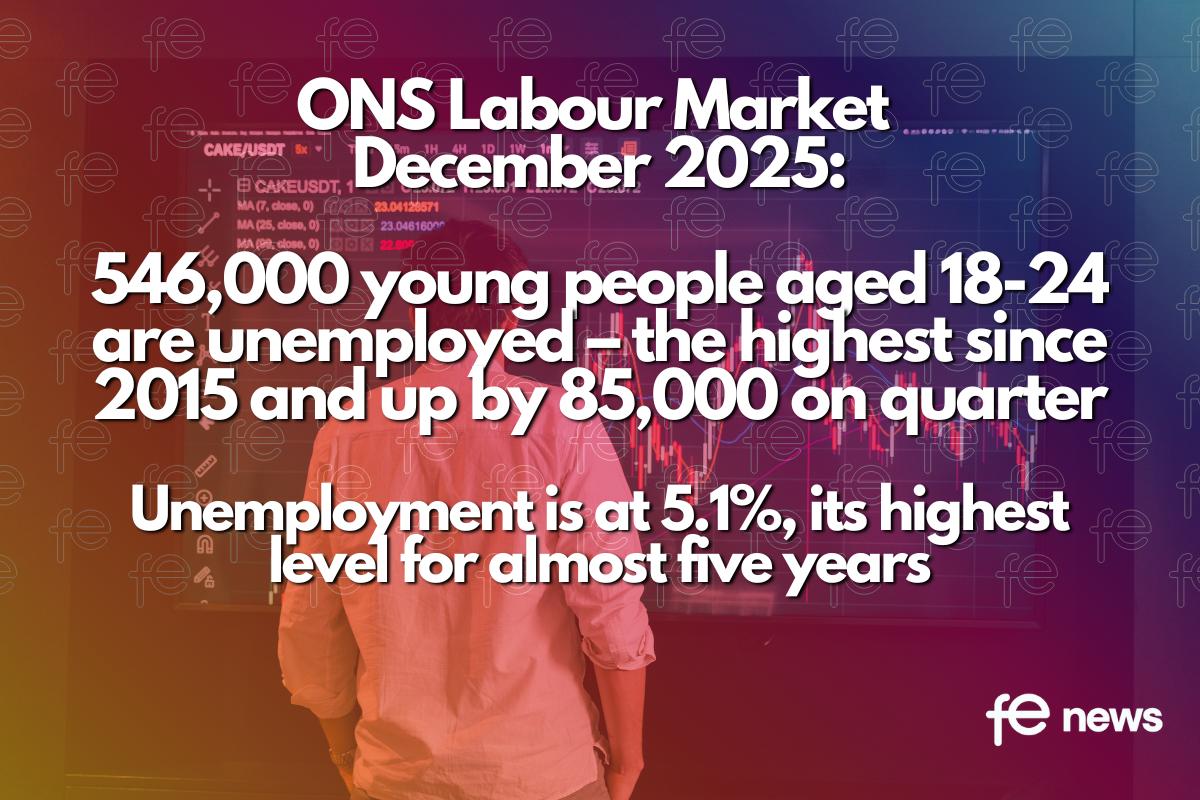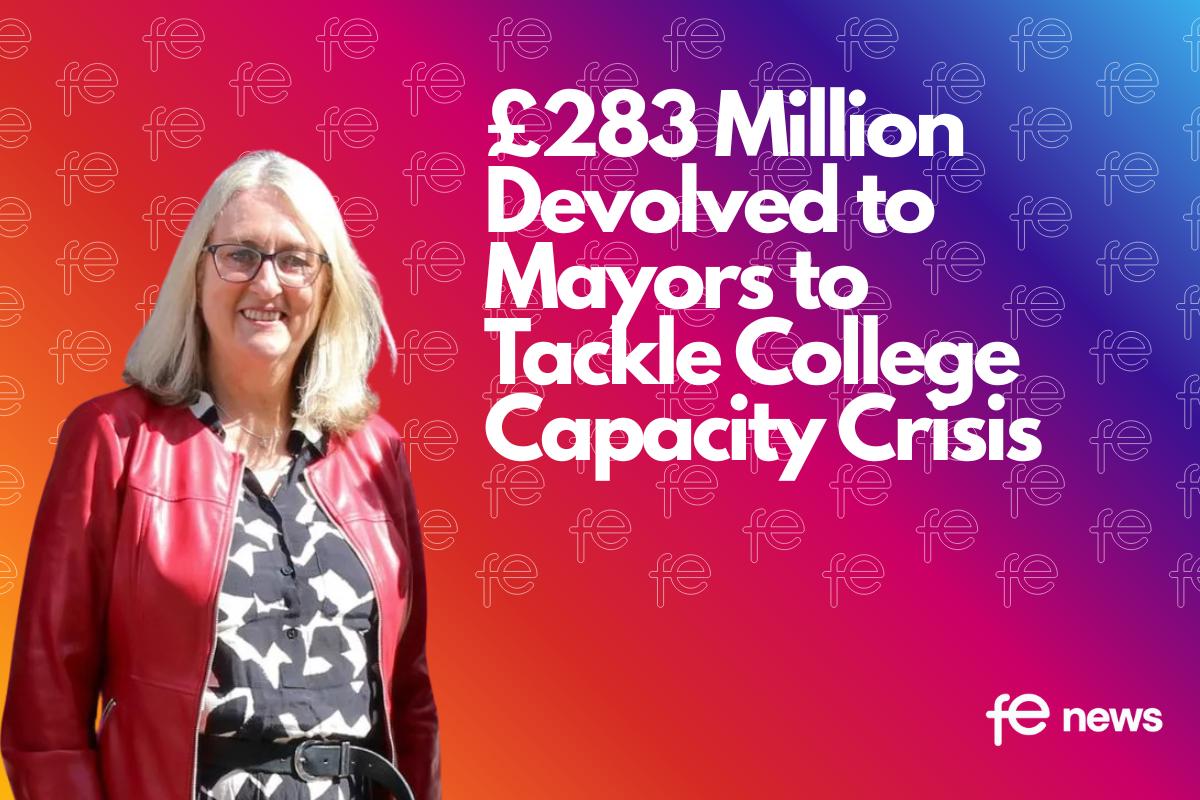Prime Minister announces new national lockdown – Sector Response

The Prime Minister announced tougher national restrictions in England. This follows a Cabinet chaired by the Prime Minister on Saturday (31 Oct).
From Thursday, everyone must stay at home, with a limited set of exemptions.
With the NHS weeks from being overwhelmed, and a higher death toll than the first wave predicted without new restrictions, the Prime Minister, Chief Medical Officer, Chief Scientific Advisor, and Cabinet agreed there was no alternative to tougher national measures.
The Prime Minister will update Parliament on today (2 Nov), and MPs are set to vote on the measures on Wednesday.
He said that no one wants to impose these kinds of measures, but no responsible Prime Minister could ignore the evidence presented.
He also said that, whilst Christmas will inevitably be different this year, tough action now could mean families may be able to be together.
Responding to the announcement that England will re-enter lockdown from Thursday 5th November:
 Neil Carberry, Chief Executive of the Recruitment and Employment Confederation, said:
Neil Carberry, Chief Executive of the Recruitment and Employment Confederation, said:
“The national lockdown is a big step and poses many challenges for already struggling businesses. We need to control the spread of the virus with better Track and Trace and make sure businesses can ride this out in the longer term so we have a decent chance of economic recovery.
“The extension of the Furlough scheme is welcome. All sectors and the self-employed need extra support quickly.
“The Chancellor has another clear option to provide the stimulus our economy needs – by way of cuts in employer National Insurance contributions and help to all businesses to cover the costs of statutory sick pay. The SSP issue is particularly vital as many employment businesses don’t currently get help with that”.

Commenting on the enormous response to NEU’s campaign to include schools and colleges in the lockdown, Kevin Courtney, Joint General Secretary of the National Education Union, said:
“It is deeply worrying that the Prime Minister appears not to have learned from his mistakes. This Government has been cutting corners and taking half measures on Covid, and a second lockdown is the result. They have failed heads, teachers, support staff, parents and pupils.
“The response to our call this weekend for school closures, shows that our concern is widely shared. The Government is failing our communities as well as our schools and colleges, and that is why we are seeking an amendment to Parliament’s lockdown bill. We have seen a fifty-fold increase in infections in secondary schools alone since September. Schools, clearly, are an engine for virus transmission.
“The lockdown would be much more effective in reducing virus levels if schools and colleges were a part of it. We have seen the huge support of our members behind our campaign and now it is time for Boris Johnson, Gavin Williamson and every other Member of Parliament to stand behind our education staff who are working so hard in the face of adversity to deliver the education our children and young people deserve.
“Schools and colleges should be in the lockdown and the Government should use that four-week period to improve test, track, trace, and to plan for the introduction of rota operation at least in secondary and sixth form settings.
Pointing to the latest data from the Office for National Statistics, Kevin said:
“It is clear from ONS data that schools are an engine for virus transmission. It would be self-defeating for the Government to impose a national lockdown, whilst ignoring the role of schools as a major contributor to the spread of the virus.
“Such a lockdown would impose pain on the whole community – but not be as effective as it could be if schools were included. Ignoring the role of schools and colleges in the spread of the virus is likely to lead to the need for even longer lockdowns in future.
“The latest figures from the ONS estimate that 1% of primary pupils and 2% of secondary pupils have the virus and that these levels have increased dramatically since wider opening in September. NEU analysis of ONS figures shows that virus levels are now 9 times higher amongst primary pupils and an astonishing 50 times higher amongst secondary pupils.
“The National Education Union called for a two week circuit break over half term to include schools, which the Wales Government and the Northern Ireland assembly have done – but the Government in Westminster has ignored this call. More severe measures are now called for as a result, the Government should not make this mistake again.
“The Government should include all schools in proposals for an immediate national lockdown and as a minimum be preparing for school rotas at the end of that period, including by actually meeting its promise to deliver broadband and equipment to those children who do not have them.
“It is also vital that the Government ensure proper financial support for all those affected by lockdown including crucial supply teachers and other staff.”
 UCU general secretary Jo Grady said:
UCU general secretary Jo Grady said:
‘The Prime Minister is gambling with the health of the nation if he keeps college campuses open. We desperately need to lower the rate of transmission to protect the NHS, and SAGE says that halting in-person teaching will help contain the virus. Half measures that keep campuses open do not represent a full lockdown.
‘Teachers in further education moved mountains to create high quality online delivery during the last lockdown, and stand ready to support students with high quality remote learning again. But this time the government must match their commitment by providing the funding and support students need to learn remotely. During the last lockdown it only gave students half the funding needed to learn online, it must not fail them this time.
‘The government must use this time to fix test and trace so the country can stop yo-yoing in and out of isolation.’
 Patrick Roach, General Secretary of the NASUWT – The Teachers’ Union, said:
Patrick Roach, General Secretary of the NASUWT – The Teachers’ Union, said:
“With levels of virus transmission increasing exponentially, the failure to deal with the threat of the virus has, once again, been fatally exposed.
“The second wave of this pandemic is putting even more lives at risk, and it has been clear for some weeks that coordinated and urgent national action would need to be taken to tackle a crisis that is now enveloping the entire country.
“Many will recognise that the Government’s failure to heed the warnings from leading scientists by reopening schools fully in September may have contributed to the increased spread of Covid-19 transmission and rising death rates over recent weeks.
“There is widespread evidence of rising Covid-19 transmissions within schools and that opening schools fully has acted as a vector for Coronavirus transmission in the wider community. It is vital that the Government recognises that schools and colleges must be part of a national strategy to tackle the continuing spread of the virus.
“The publication of advice by the Government has not been sufficient to prevent the spread of the virus in primary, secondary and special schools or in colleges.
“Determined and radical national action and additional measures are now needed across all schools and colleges.
“The Government’s view that it remains the case that schools should remain open fully will no doubt be viewed with concern by many parents and those working in schools, especially if the Government does not come forward in the coming days with additional Covid-safety measures for schools.
“In light of the mounting evidence, it is critical that, where there is an outbreak of Covid-19 transmission in a school, employers and public health bodies act swiftly and without hesitation to protect public health by sending pupils and staff home.
“Protecting the vulnerable also needs to be a priority. However, there remain serious concerns about the risks to teachers who are vulnerable to Covid-19 transmission, including teachers who are pregnant, or clinically extremely vulnerable, or who have underlying conditions or who are from higher risk groups such as BAME teachers.
“The Government will need to do more in the coming days to ensure that the most vulnerable are protected at this critical time. Ministers have said that people should work from home where possible and that those who have underlying health conditions or who are most at risk from the Coronavirus should stay at home. The same protections now need to be introduced urgently for those working in schools and colleges as apply to workers in other sectors.
“The Government has recklessly given up on the idea that social distancing can be maintained in schools, despite the evidence that this is the best protection against the spread of the Coronavirus. The Government needs to accept that ensuring smaller classes in schools must also be considered an essential element in the country’s strategy to get control of this worsening situation.
“The Government needs to be clear with the public about the evidence upon which it is relying to insist that keeping schools open fully will not impact adversely on children, their families, those working in schools or undermine the impact of the latest national lockdown measures in bringing down rates of Coronavirus transmission.
“In the event that more children or staff will need to be at home, the Government must also pull out all the stops to ensure that all children have effective access to remote education. So far, the Government has failed to deliver on its promises of laptops for children, which is seriously hampering the efforts that are being made by schools to support vulnerable and disadvantaged children during this crisis. An urgent national plan for remote education is needed which must be backed up by substantially additional resources for schools.
“Schools will also need urgent additional support if they are to get through to Christmas and remain safe to staff and pupils, including extra funding for cleaning, PPE and for additional supply staff to cover where other teachers are absent.”
Helen Dickinson, Chief Executive of the British Retail Consortium, said:
“Retail faces a nightmare before Christmas as the Government proposes to close thousands of retail premises under this new national lockdown, denying customers access to many of their favourites shops and brands. It will cause untold damage to the high street in the run up to Christmas, cost countless jobs, and permanently set back the recovery of the wider economy, with only a minimal effect on the transmission of the virus.
“A recent Sage paper reported that closing ‘non-essential’ retail would have minimal impact on the transmission of Covid. This is thanks to the hundreds of millions of pounds retailers have spent making their stores Covid-secure and safe for customers and colleagues.
“The announced closure will have a significant economic impact on the viability of thousands of shops and hundreds of thousands of jobs across the country. The previous lockdown cost ‘non-essential’ shops £1.6 billion a week in lost sales; now that we are entering the all-important Christmas shopping period, these losses are certain to be much bigger.
“We have no doubt that retailers will comply with the rules and play their part to ensure the British public can remain safe and have access to the goods they need. Nonetheless, Government must also play its part, providing support to businesses that will be forced to close, otherwise the consequences for local retail will be dire.”
Belgium, France, Germany and other countries have already put in place national restrictions, following earlier local measures.
From Thursday 5 November, everyone must stay at home, and may leave only for a limited set of reasons.
These include:
- For education;
- For work, if you cannot work from home;
- For exercise and recreation outdoors, with your household, support bubble or on your own with one person from another household;
- For all medical reasons, appointments and to escape injury or harm;
- To shop for food and essentials;
- And to provide care for vulnerable people, or as a volunteer.
A full set of exemptions will be set out in law.
Single-adult households will still be able to form an exclusive support bubble with one other household, and children can move between homes if their parents are separated.
Non-essential shops, leisure and entertainment venues will be closed. Click and collect services can continue and essential shops, including supermarkets, will remain open, so there is no need for anyone to stockpile.
Pubs, bars, restaurants must close, except for takeaway and delivery services.
People should work from home wherever possible. Workplaces should stay open where people cannot work from home – for example, in the construction or manufacturing sectors.
Shielding as practised in the spring will not currently be reintroduced. The clinically vulnerable, or those over the age of 60, should be especially careful to follow the rules and minimise contacts with others. Those who are clinically extremely vulnerable should not only minimise their contacts with others, but also not go to work if they are unable to work from home.
There is no exemption for staying away from home on holiday. This means people cannot travel internationally or within the UK, unless for work, education or other legally permitted exemptions. Overnight stays away from primary residences will not be allowed, except for specific exceptions including for work.
Inbound international travel will continue to be governed by the travel corridor approach, and those currently on a domestic holiday will be allowed to finish their holidays, but are still subject to the requirements in England not to go out without a reasonable excuse.
Public services, such as job centres, courts, and civil registration offices will remain open.
There is no exemption for communal worship in places of worship (except funerals and individual prayer), organised team sports, or children’s activities.
Elite sport will be allowed to continue behind closed doors as currently.
The Coronavirus Job Retention Scheme, known as the furlough scheme, will remain open until December, with employees receiving 80% of their current salary for hours not worked, up to a maximum of £2,500. The cost for employers of retaining workers will be reduced compared to the current scheme, which ends today.
As the Prime Minister and Education Secretary have said, keeping young people in education is a national priority so early years settings, schools, colleges and universities will all remain open. Parents and carers should make sure their children keep attending school. However, universities and adult learning providers should consider increasing online provision where possible.
Parents will still be able to access registered childcare and other childcare activities where reasonably necessary to enable parents to work. Parents are also able to form a childcare bubble with another household for the purposes of informal childcare, where the child is 13 or under.
Ministers are also clear that it is vital to keep the provision for non-Covid healthcare needs going. Unless clinicians tell patients otherwise, they should continue to use the NHS, get scans and other tests, turn up for all appointments and collect medicines and treatments.
Ministers have done everything in their power to avoid another national lockdown.
The natural rate of R is around 3, meaning local restrictions have helped slow the spread of the virus, whilst NHS Test and Trace is testing more than any other country in Europe.
But the R rate is still above 1, meaning infections, hospitalisations and deaths continue to double, and the virus is now a national problem.
On present trends, in the South West, where incidence is low for example, it is clear they would run out of hospital capacity in a matter of weeks unless we act.
Whilst work is underway to boost capacity, including preparing the Nightingales, it is impossible to create extra bed space, and recruit extra doctors and nurses, at the rate necessary to outpace the virus.











Responses